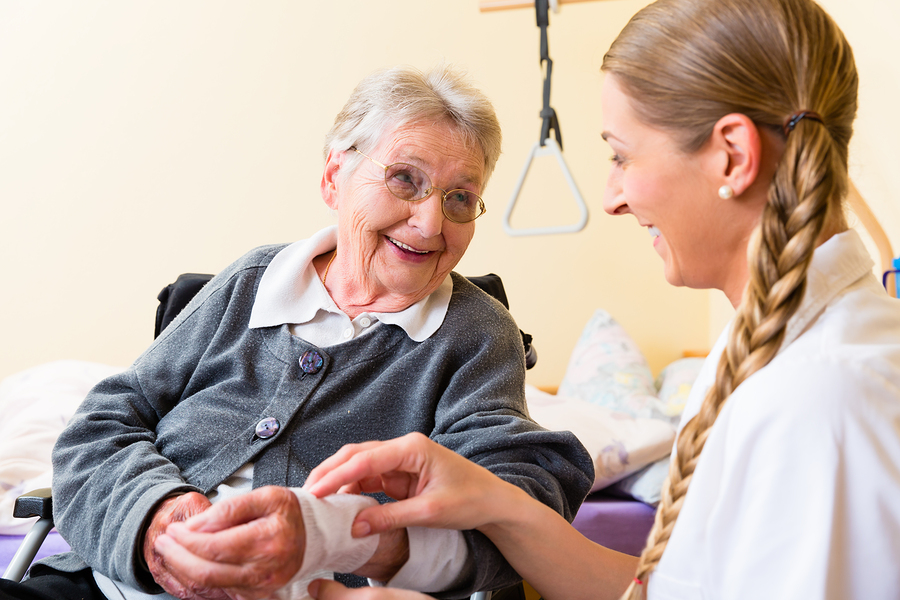Helping Seniors Handle Critical Situations With Confidence

Unfortunately, emergencies can happen anytime, which only increases stress and worry when older loved ones live alone, especially if you don’t live near them. However, there are ways to prepare seniors for when the unexpected happens.
Knowing how to act quickly and correctly in dangerous scenarios can mean the difference between safety and harm. Whether it’s an accident like a cut or burn or a medical problem like chest pain or a fall, having a plan can make it a lot easier to deal with these problems.
With the help of loved ones and home care assistance by their side, seniors can gain valuable tips to help them during emergencies.
Tips and Tricks for Seniors After a Fall
One of the most common problems for seniors is falling and not being able to get up. When discussing falls, teach seniors to remain calm by focusing on their breathing. If possible, talk to them about doing a quick body scan to see what and where they hurt.
If they can get up, they should do so carefully. If not, they might be able to crawl or scoot to a phone to call for help. The most important thing, however, is not to panic or push themselves if they’re in too much pain.
Chest Pains
Chest pains can mean many things. However, it’s not a good idea to ignore them, especially if they last for a while and come with symptoms like shortness of breath, feeling lightheaded, or being sick. While some seniors might want to “wait and see,” it’s often best to call 911 right away.
Also, if they’ve been given medicine to assist in this situation, they should take it as prescribed. Home care assistance can greatly support someone who’s feeling chest pains and not thinking clearly.
Taking Care of Burns
Burns can happen while cooking, handling hot items, or even just being out in the sun. For seniors, these burns can be significant as their skin goes through many changes as they age. Teach older loved ones about burn care by providing them with the following tips:
- Cool the Burn: Run cool (not cold) water over the burn right away and for at least 10 to 15 minutes to ease the pain and swelling.
- Cover the Burn: Once the burn has cooled, cover it with a clean, dry cloth or sterile patch to protect against infection.
- Get Medical Help: If the burn is serious, such as blistering the skin, seniors should get medical help immediately.
Taking Care of Cuts
While cuts might not seem like that big of a deal, they can quickly cause infections in seniors. Just like handling a burn, there are some tips that seniors need to follow for the best possible care:
- Clean the Cut: Run cool water over the cut to remove dirt and other contaminants. If possible, encourage seniors to use light soap.
- Apply Pressure: To stop the bleeding, seniors should put firm pressure on the wound with a clean cloth or sterile paper.
- Cover the Cut: Cover the cut with adhesive tape or a clean dressing once the bleeding has stopped.
If seniors have home care assistance, they can also provide tips and tricks for burn and wound care and monitor healing to ensure the best outcome. Along with their support, talking with seniors about the need for a medical alert system can also go a long way in improving their confidence in these situations.
If you or an aging loved one are considering Home Care Assistance in Manalapan Township, NJ, please contact the caring staff at Lares Home Care at (732) 334-3323.
Sources:
- https://www.aarp.org/benefits-discounts/members-only-access/info-2024/how-to-save-your-own-life.html
- The Best Ways To Keep Your Senior Parent From Getting Bored In The House - April 7, 2025
- Home Care Helps Seniors Eat Healthy Meals - March 26, 2025
- Senior Home Care Helps Seniors With Low Vision Live Independently - March 6, 2025
